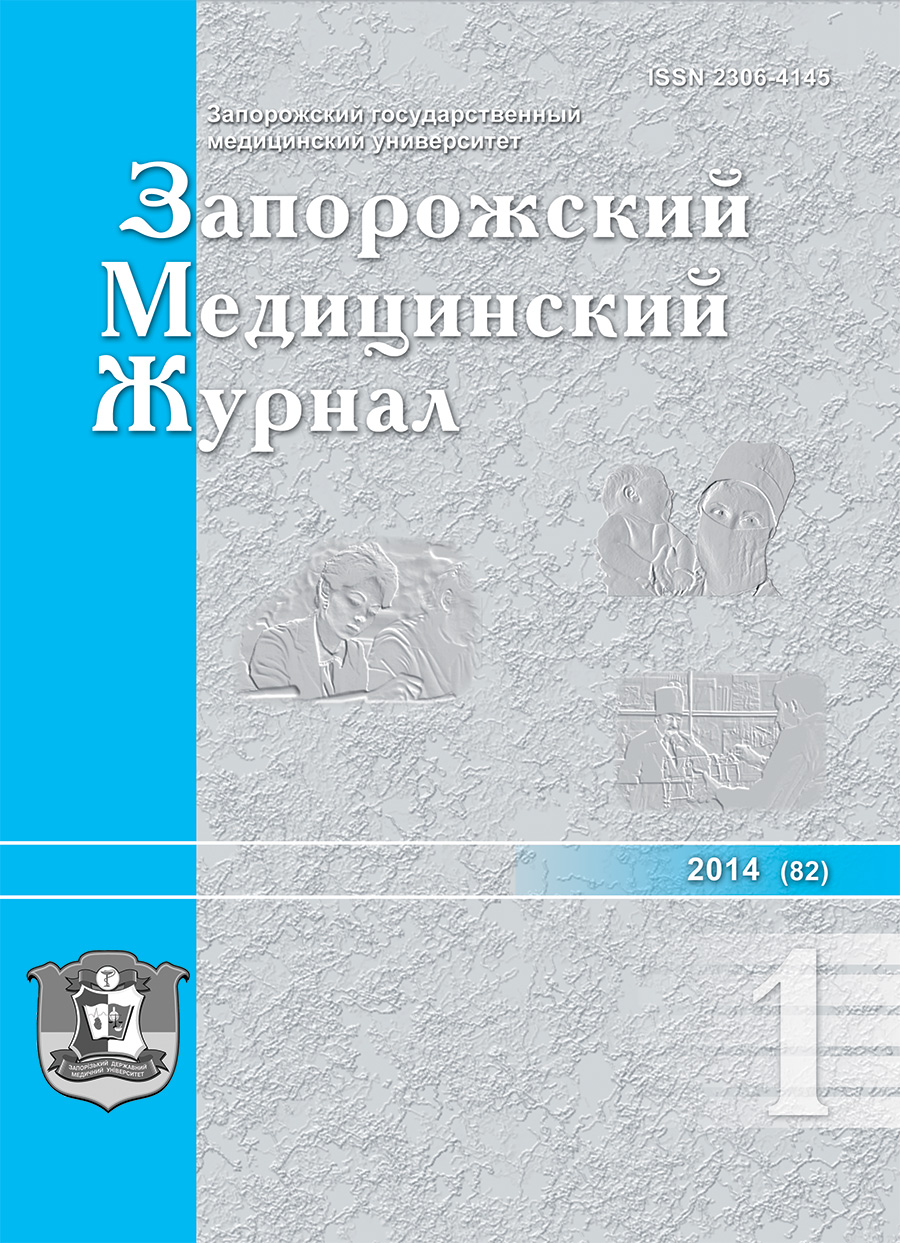Pharmaceutical care as the ultimate goal of the мodern pharmacist formation
DOI:
https://doi.org/10.14739/2310-1210.2014.1.23937Keywords:
pharmaceutical care, clinical pharmacy, pharmacotherapy, clinical judgmentAbstract
The World Health Organization (WHO) has identified the current strategic direction of health care throughout the world as "Focus on the patient." Therefore, the pharmacist role in the healthcare system is changing - a pharmacist has a key role in public health.
Pharmacist provides assistance to the patient and guarantees that assistance is designed correctly, effective among all the available options, is safe and right for this patient. Due to this the approaches to teaching students are changed significantly, it is necessary to create the clinical thinking in future pharmacists.
The main objective in teaching pharmacotherapy and clinical pharmacy is training the pharmacist to have an adequate theoretical knowledge and practical skills to control the conduct of the most rational drug therapy in a concrete patient. Pharmacist must choose the appropriate therapy for a patient based on pharmacokinetics, pharmacodynamics, possible side effects and age, sex, presence of comorbidities of the patient.
Practical sessions conducted directly in the clinic, include this organizational structure:
- The preparatory phase (organization and setting teaching purposes and motivations, control the output level of knowledge - tests, oral theoretical questions);
- The basic phase (formation of professional skills and knowledge to identify general principles of clinical pharmacy, work near a bed, definition of clinical syndromes, define treatment plan, analysis of the tests results, solving typical tasks and tests).
- The final phase – control of the the final level of knowledge and skills (solving atypical problems, writing prescriptions).
We provided a special sense to the independent work of students on the preparation and wrote recommendation "The efficacy and safety protocol of medicines". Particular attention is paid to the following sections:
- medication and allergy history;
- pharmacotherapy;
- assessment of possible interactions of drugs;
- selecting assess the efficacy and safety of pharmacotherapy;
- daily logs of the dynamic control to the pharmacotherapy efficacy and safety.
The important stage in the formation of clinical thinking in students is educational practice. During the practical training students should be familiar with the basics of deontology and the ethics of communication with pharmacies visitors; acquire skills of medicinal history collecting.
Students are expected to acquire skills of choosing the optimal OTC medicine for a concrete patient and use to practice the algorithm of the distribution patients who need and do not need doctor consultation.
Thus, an integrated approach to the teaching of pharmacotherapy, clinical pharmacy, practical training in clinical pharmacy, promotes the formation of clinical thinking in students.
References
Зарума Л.Є. Фармацевтична опіка: професійна діяльність, яка відповідає медико-соціальним потребам в контексті фармацевтичної допомоги / Л.Є. Зарума // Клінічна фармація, фармакотерапія та медична стандартизація. – 2009. – № 3–4. – С. 123–129.
Развитие фармацевтической практики: фокус на пациента / K. Wiedenmayer, S.R. Summers, C.A. Mackie, A.G.S. Gous, M. Everard // Сити Хоуп Интернешнл, Инк., Б.: 2008. – 112 с.
Тетенев Ф.Ф. Формирование и развитие клинического мышления – важнейшая задача медицинского образования / Ф.Ф. Тетенев, Т.Н. Бодрова, О.В. Калинина // Успехи современного естествознания. – 2008. – № 4. – С. 63–65.
Чекман І.С. Удосконалення викладання положень доказової медицини при вивченні фармакології і клінічної фармакології / І.С. Чекман, Н.О. Горчакова // Медична освіта. – 2008. – № 3. – С. 73–74.
Фармацевтическое образование в мире / [В.П. Черных, В.М. Толочко, А.В. Зайченко и др.]. – Харьков: НФаУ, 2004. – 92 с.
Фармакотерапия: учеб. для студ. фарм. ф-ов / [под ред. О.В. Крайдашенко, И.Г. Купновицькой, И.М. Клища, В.Г. Лизогуба]. – Винница: Новая книга, 2013. – 536 с.
Фармацевтична опіка: вибрані питання: навчальний посібник / [О.С. Хухліна, Є.П. Ткач, Т.Я. Чурсіна та ін.]. – Вінниця: Нова Книга, 2011. – 424 с.
Downloads
How to Cite
Issue
Section
License
Authors who publish with this journal agree to the following terms:
Authors retain copyright and grant the journal right of first publication with the work simultaneously licensed under a Creative Commons Attribution License that allows others to share the work with an acknowledgement of the work's authorship and initial publication in this journal. 

